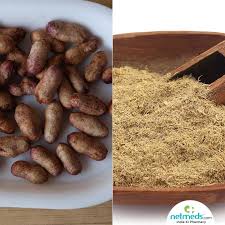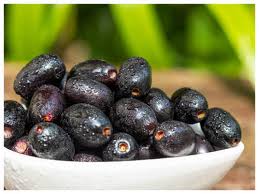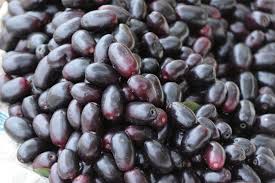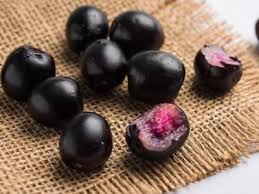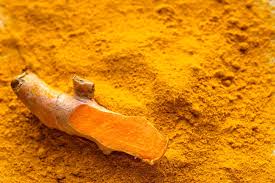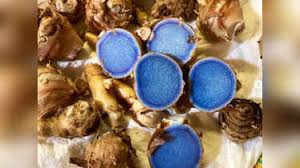
Who Should Avoid Using Kaali Haldi? Precautions and Warnings
Kaali Haldi, also known as black turmeric, is a rare and powerful herb used for its medicinal, spiritual, and cosmetic benefits. In Ayurveda and traditional medicine, it is often valued for its ability to boost immunity, improve skin health, and support spiritual rituals. However, despite its numerous benefits, Kaali Haldi is not suitable for everyone. Certain individuals may experience unwanted effects, interactions, or health risks when using it.
Understanding who should avoid Kaali Haldi and what precautions to take is essential to ensure safety while using this potent natural ingredient. In this article, we will explain the situations, medical conditions, and age groups where Kaali Haldi should be avoided, along with important usage warnings.
Long Description (1500+ Words)
- Understanding Kaali Haldi
Kaali Haldi (Curcuma caesia) belongs to the turmeric family but has a distinctive blackish-blue interior. It contains powerful compounds like curcumin, alkaloids, and essential oils that contribute to its medicinal and spiritual properties. While these compounds are beneficial for many people, they can cause adverse reactions in certain groups. - Why Some People Should Avoid Kaali Haldi
Although natural, Kaali Haldi is highly potent and can influence body chemistry, blood circulation, and digestion. People with specific health conditions or life situations may be more sensitive to its effects. It is crucial to know if you fall into the at-risk category before use. - Groups Who Should Avoid Kaali Haldi
a) Pregnant Women
Reason: Kaali Haldi contains bioactive compounds that can stimulate uterine contractions, potentially leading to complications or even miscarriage in early pregnancy.
Precaution: Avoid all forms—raw, powdered, or in supplements—during pregnancy unless prescribed by a qualified Ayurvedic practitioner.
b) Breastfeeding Mothers
Reason: Limited research exists on its safety for lactating women, and strong herbal compounds may pass into breast milk.
Precaution: Do not use Kaali Haldi during breastfeeding to avoid any potential risks to the infant.
c) People with Gallbladder Issues
Reason: Kaali Haldi may increase bile production, which can worsen gallstones or gallbladder inflammation.
Precaution: Those with gallbladder disease or stones should avoid it entirely.
d) Individuals with Stomach Ulcers or Acid Reflux
Reason: The strong curcumin content can irritate the stomach lining, worsening acid reflux or ulcer pain.
Precaution: If you have a history of ulcers, gastritis, or hyperacidity, steer clear of Kaali Haldi.
e) People with Low Blood Pressure
Reason: Kaali Haldi may lower blood pressure further, leading to dizziness or fainting.
Precaution: Avoid if you already have hypotension or are on blood pressure-lowering medications.
f) Individuals with Bleeding Disorders
Reason: Kaali Haldi slows blood clotting, which can cause excessive bleeding or bruising.
Precaution: Avoid it if you have hemophilia or any clotting issues.
g) People Scheduled for Surgery
Reason: Its blood-thinning effects can increase surgical bleeding risk.
Precaution: Stop Kaali Haldi at least two weeks before any surgery.
h) Children Under 12
Reason: The high potency of Kaali Haldi is not suitable for children, and safety data is lacking.
Precaution: Avoid giving it to young children unless recommended by a pediatric Ayurvedic doctor.
i) People Allergic to Turmeric or Ginger Family Plants
Reason: Kaali Haldi is closely related to turmeric and ginger, and may cause allergic reactions such as rash, swelling, or difficulty breathing.
Precaution: Avoid use if you’ve had allergies to any plant in the Zingiberaceae family.
j) People on Certain Medications
Blood thinners (like warfarin, aspirin) – increases bleeding risk.
Diabetes medications – may cause blood sugar to drop too low.
Acid reducers – may interfere with stomach pH balance.
- Possible Side Effects of Kaali Haldi
Even in people without these conditions, Kaali Haldi can sometimes cause:
Nausea or stomach upset
Dizziness or lightheadedness
Mild skin irritation (if applied topically)
Headache from strong aroma in concentrated forms
- General Precautions When Using Kaali Haldi
Always use it in small, controlled amounts.
Buy from trusted and authentic sources to avoid adulteration.
Avoid mixing it with other strong herbs without professional guidance.
Store it in a cool, dry, and airtight container to maintain potency.
- Safe Alternatives for At-Risk Groups
If you belong to a group that should avoid Kaali Haldi, consider milder herbs:
For immunity: Amla (Indian gooseberry)
For skin care: Aloe vera gel
For digestion: Fennel seeds
For spiritual rituals: Sandalwood powder
- Expert Advice
Before starting Kaali Haldi for any medicinal purpose, consult:
Ayurvedic doctors for holistic recommendations.
Allopathic doctors if you’re on prescription medications.
Conclusion
Kaali Haldi is a treasured Ayurvedic herb with immense benefits—but it is not safe for everyone. Pregnant women, nursing mothers, children, people with gallbladder or bleeding issues, and those with certain chronic conditions should avoid it. Always prioritize safety over trends and consult an expert before use. By understanding who should avoid Kaali Haldi and following precautions, you can ensure this powerful herb is used wisely and without harm.

